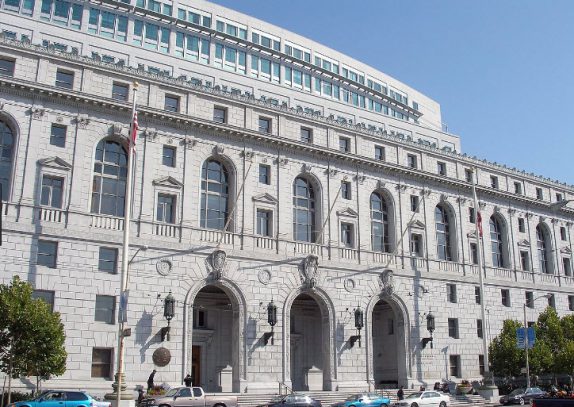On September 12, 2019, the California Supreme Court issued its long-awaited opinion in ZB, N.A., et al. v. Superior Court (Lawson), Supreme Court Docket No. S246711. The decision was expected to resolve a split between the Courts of Appeal regarding the arbitrability of certain claims under the Labor Code Private Attorney General Act (PAGA). In arriving at its unanimous decision, however, the Court undertook an extensive — and surprising— analysis of the statutory construction and legislative history of PAGA and other Labor Code provisions.
The Court definitively held that Section 558 of the Labor Code does not permit an employee to recover unpaid wages in a PAGA action. Accordingly, the Court ruled that the plaintiff’s PAGA cause of action for unpaid wages under Section 558 was not a valid claim to begin with, and, therefore, could not be compelled to arbitration.
Prior Courts of Appeal had struggled to decipher Section 558, specifically as to whether it provides for civil penalties or compensatory damages. The confusion between the lower courts was due, in large part, to the drafting of Section 558, which purports to provide a two-part recovery: (1) fixed civil penalties calculated per violation, and (2) an underpaid wages component, which “shall be paid to the affected employee.” Lab. Code § 558(a)(1)-(3).
In 2017, the court in Esparza v. KS Indus., L.P., 13 Cal. App. 5th 1228 (2017), interpreted Section 558’s relief as containing both a civil penalty and compensatory relief recoverable by a representative employee. Esparza held that a representative employee seeking relief for unpaid wages under PAGA could be compelled to individual arbitration. Four months later, the Fourth District Court of Appeal reached the opposite conclusion, characterizing the relief in Section 558 as entirely civil penalties, and holding that claims brought by a representative employee under PAGA could not be compelled to individual arbitration under Iskanian. See Lawson v. ZB, N.A., et al., 18 Cal. App. 5th 705 (2017).
Somewhat unexpectedly, the Court rejected the foundational assumptions made by both Esparza and Lawson. The Court held instead that, underpaid wages are distinguishable from the fixed civil penalties provided for in Section 558, but there is no private right of action to recover the underpaid wages, which simply are not recoverable under PAGA by a representative employee. The Court noted that the Labor Commissioner is permitted to include the fixed civil penalties and unpaid wages in any citation, but a representative employee would need to pursue unpaid wages outside of Section 558 and PAGA.
The opinion likely will not be celebrated by either employers or employees. On the one hand, the Court continued down the path of undercutting employers’ efforts to combat representative actions through individual arbitration of claims. On the other hand, by holding that employees may not recover underpaid wages in a representative PAGA action, the Court weakened one of the more significant weapons in employees’ collective arsenal.
A copy of the Court’s slip opinion can be found here.
– Keesal, Young & Logan Employment Group
This information has been prepared by Keesal, Young & Logan for informational purposes only and is not legal advice. Transmission of the information is not intended to create, and receipt does not constitute, an attorney-client relationship between you and Keesal, Young & Logan. You should not act upon this information without seeking professional counsel.
